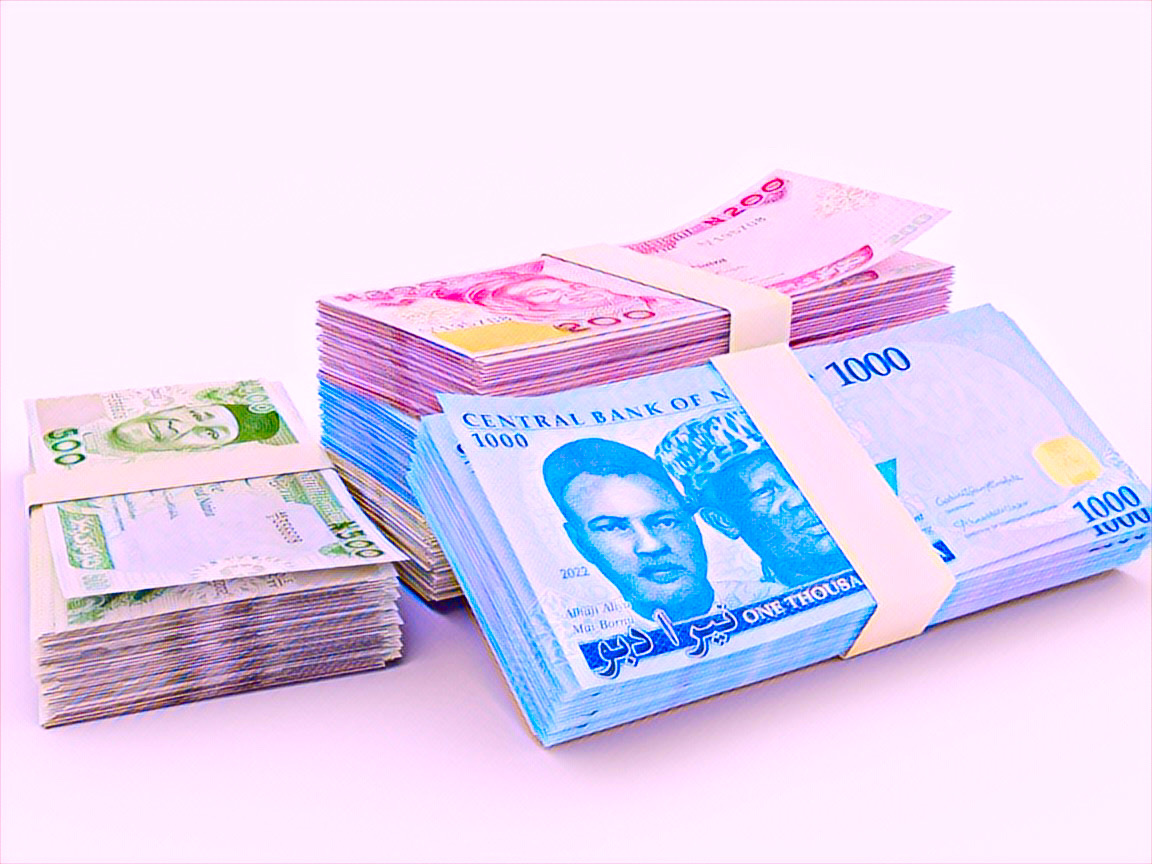Key Points
-
The naira hits a 10-month high on strong FX inflows.
-
CBN policies and higher oil earnings boost investor confidence.
-
Analysts expect moderate stability if inflows remain steady.
The Nigerian naira rose to its highest level in almost ten months, thanks to a rise in foreign exchange inflows and renewed faith in the country’s monetary reforms. Traders said that the local currency got better after months of volatility because the dollar became more liquid and the Central Bank of Nigeria (CBN) kept making steady interventions.
The naira traded for about ₦1,120 to the dollar on Friday at the official Nigerian Autonomous Foreign Exchange Market (NAFEM). This was the best performance for the naira since December 2024. The gain is part of a recent rally that was fuelled by higher oil revenues, foreign portfolio inflows, and greater faith in the central bank’s strategy for managing foreign exchange.
The naira goes up because more foreign money is coming in
Market dealers said that this week there was more of a supply of dollars because foreign investors sent more money and people sent money home. Analysts also said that the CBN’s recent changes, such as clearing up FX backlogs and keeping a closer eye on Bureau de Change operators, have made the market more open and trustworthy.
According to a report by the Punch news, Tunde Adetunji, a senior economist at Cowry Asset Management Ltd. in Lagos, said, “The naira’s strength shows that the FX market is more balanced and that more investors are getting involved.” “If the inflows keep up like this, we might see even more stability in the next few weeks.”
Data from the FMDQ Exchange shows that daily FX turnover went up by more than 30% in the past week, which means that banks and investors are starting to do business again.
CBN policies make people trust the market again
Since taking office last year, CBN Governor Olayemi Cardoso has made it his top priority to restore trust in Nigeria’s currency system. The central bank has moved towards an exchange rate that is more determined by the market and has increased the supply of dollars by bringing back oil revenue and export proceeds.
Traders say that recent changes, like unified exchange windows and better communication, have made them feel more confident, even though there are still problems. Adetunji said, “It seems like the central bank has a clearer path now.”
However, some experts warn that the current rally could run into trouble if oil prices drop or inflationary pressures rise again. Nigeria’s headline inflation is still above 27 percent, which makes it hard for people to spend money and makes it harder for policymakers to keep prices stable.
The outlook for the naira is still cautiously positive
Even though things are uncertain around the world, people are starting to feel a little better about Nigeria. The World Bank recently said that the country would grow at a moderate rate in 2025 because of better fiscal discipline and higher oil production.
Ngozi Ekeoma, head of research at Afrinvest West Africa Ltd., said, “If Nigeria keeps up the FX reforms and keeps the inflows steady, the naira could stay around where it is now.” It will be clear in the next few months whether this strength is permanent or not.
For now, the naira’s rise gives businesses and consumers a short break from months of currency fluctuations and rising import costs.


